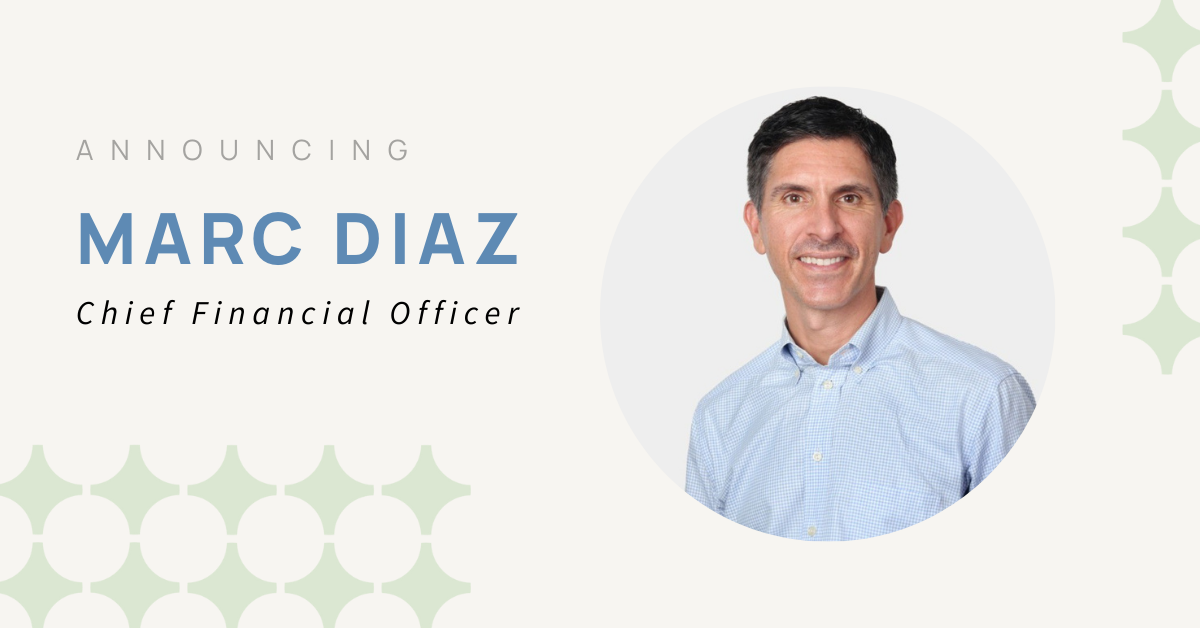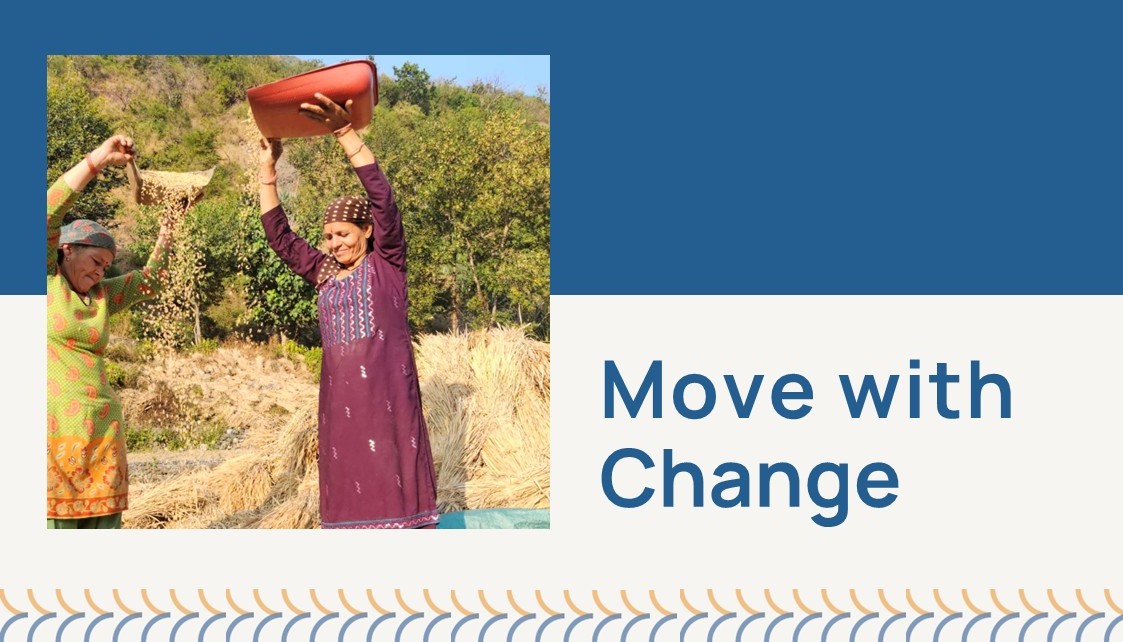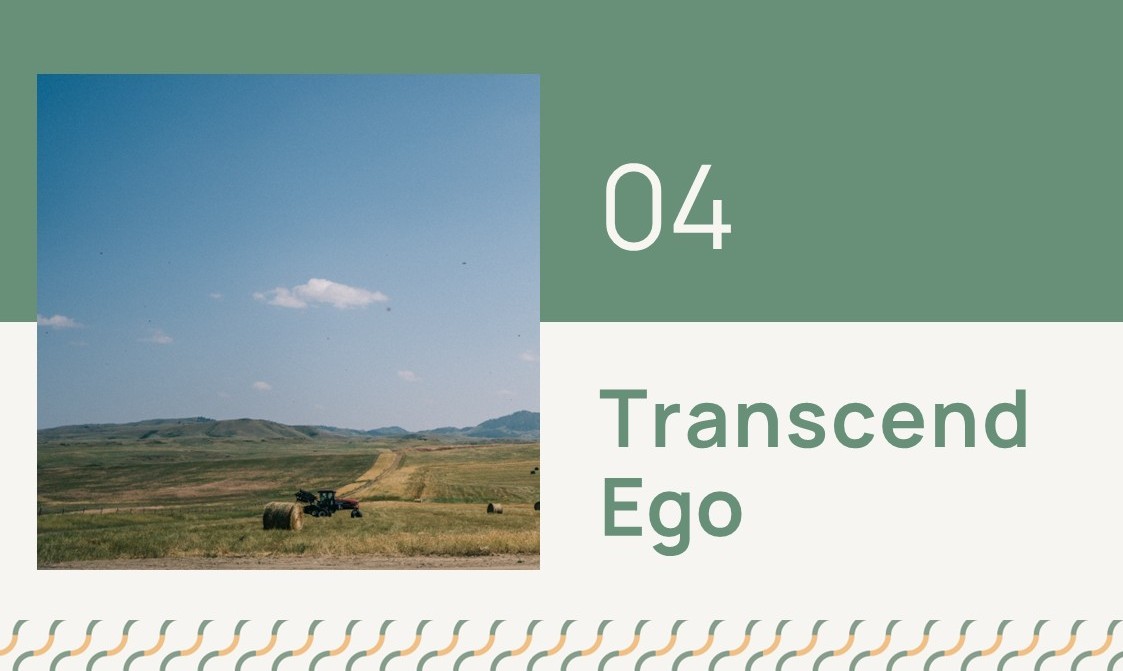How values alignment, innovation and mobilization combine to maximize impact for RSF’s donor-advised fund holders
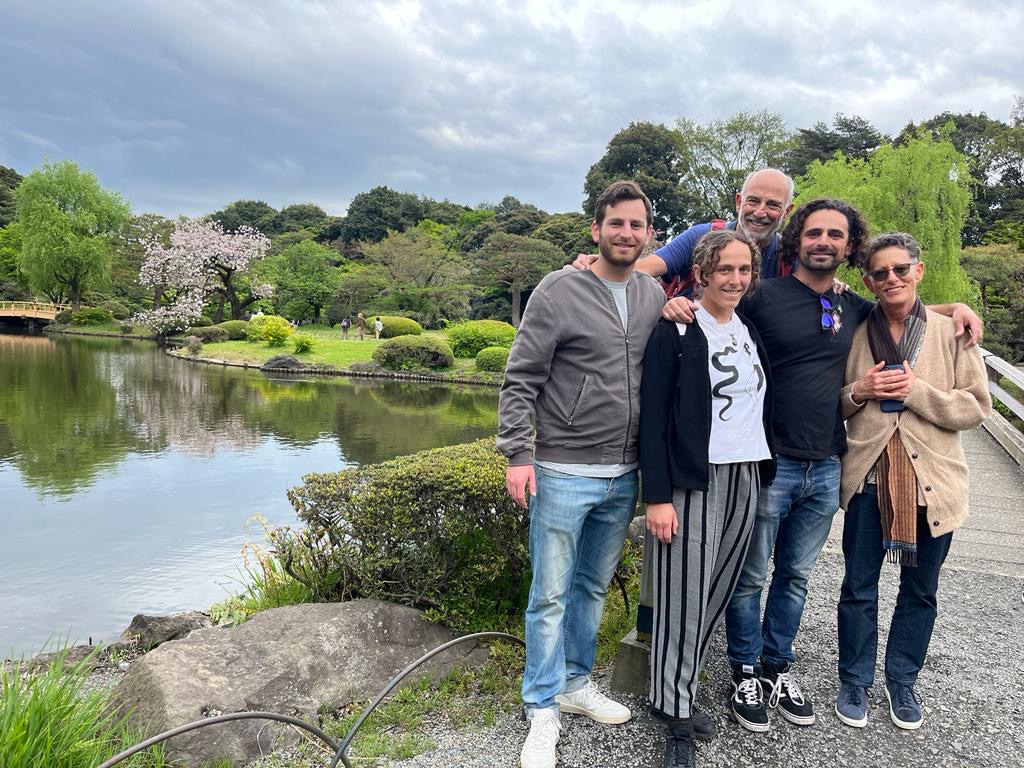
How to mobilize the huge cache of assets languishing in donor-advised funds (DAFs) — more than $251 billion at the end of 2023, according to National Philanthropic Trust’s most recent report — is an urgent question amid critical and rising needs. The most common answer is policy changes, including mandatory minimum payouts, and those could drive results. But RSF has found that when donors and DAF sponsors align to maximize impact, it’s possible to rise far above any legal floor that’s been contemplated.
RSF’s DAF community has long been an exception to the norm, granting out funds at well above the national rate for several years running. NPT pegs the aggregate grant payout rate in 2023 at 23.9%; RSF DAFs had a 58% payout rate in 2023 and a 74% payout rate in 2024.
At the same time, RSF donors have embraced field-leading approaches, such as trust-based grants and community-led funds, that challenge philanthropy’s power dynamics and get at the systemic roots of social and environmental problems. Their work validates our belief that DAFs are an important tool for innovation in philanthropy, providing a high level of flexibility and many opportunities for ad hoc collaborations.
Our donors’ active grantmaking and their engagement with new giving models are related. Both practices align with principles that guide RSF’s work in regenerative finance — particularly, act from abundance, center relationships, and empower everyone. These principles, in turn, flow from our commitment to maximizing impact, advancing new approaches, and mobilizing DAF capital to meet the moment.
Maximizing impact with 100% DAF activation
Billions of dollars in DAFs sit philanthropically idle, invested in market funds with no positive social or environmental impact — or worse, invested in industries that create harm and undermine the donor’s charitable purpose.
This stagnant pool of capital exists partly because DAF sponsors have a financial incentive to let money pile up (they typically charge fees based on assets under management), and partly because most apply a conventional finance lens that focuses narrowly on monetary returns, with no accounting for positive or negative social and environmental impacts.
RSF’s DAF program, in contrast, fully deploys DAF capital for impact. Our Double Impact DAF option allows donors to invest a portion of DAF assets in the RSF Social Investment Fund (SIF), which provides loans to nonprofit and for-profit social enterprises working in food and agriculture, climate and energy, education, and community impact. RSF publishes a list of current borrowers and regularly produces impact stories, so donors and investors know exactly who and what they are supporting.
DAF assets invested in the SIF earn interest, which can then be granted out or reinvested, so money is always circulating for impact. This pay-it-forward ethos inspired worker cooperative and former RSF borrower Equal Exchange to invest its corporate DAF funds in the SIF.
“Equal Exchange’s alternative capital model is based on worker-owner control and modest returns to investors. This means we can forward-buy coffee in volume from farmer co-ops and pay them fairly,” said Nicole Vitello, vice president at Equal Exchange. “We are happy to extend the patient capital we have received from people who believe in our work to other like-minded businesses through RSF’s Double Impact DAF program.”
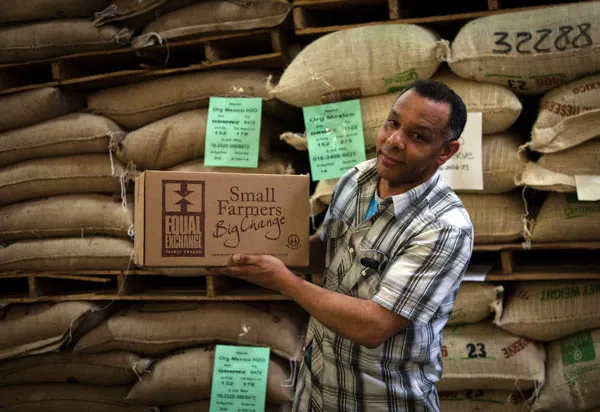
DAF assets not invested in the SIF are invested in RSF’s DAF Liquidity Portfolio, which keeps funds available for granting out at any time. The portfolio prioritizes social and environmental impact investments over market-rate returns, flowing capital to community development financial institutions and other mission-driven partners, including Native American Bank, Self-Help Credit Union and Blue Forest.
RSF’s 100% DAF activation model is what attracted the Rosensteins, who use their DAF as a family giving vehicle. “I knew about RSF through someone I had met at Resource Generation, and we felt that RSF had a really high bar for how they administered their money,” said Gabe Rosenstein. “With many DAFs, the money is supposed to be bettering society, and it’s just sitting there in ways that aren’t. With RSF, I feel good about where our DAF is invested and what our administrative fees are supporting.”
Supporting innovation with flexibility and creativity
In addition to investing all funds for impact, RSF places a premium on helping donors realize their giving goals and advancing the principles of trust-based philanthropy. We aim to transcend the transactional with relationships rooted in trust, creativity, and shared values because those relationships promise to unlock our greatest potential — as some of our most innovative DAFs illustrate.
Southern Black Farmers Community-Led Fund, a grant fund held at RSF, provides critical financing, training, and other support to Black farmers and their local food economies in the Southeast. Disrupting the traditional power dynamics in philanthropy, the donor who started the fund does not decide how money is spent; instead, those decisions are made by a leadership council comprising two representatives from each of seven anchor organizations, all cooperatively led by and serving Black farmers across the American South.
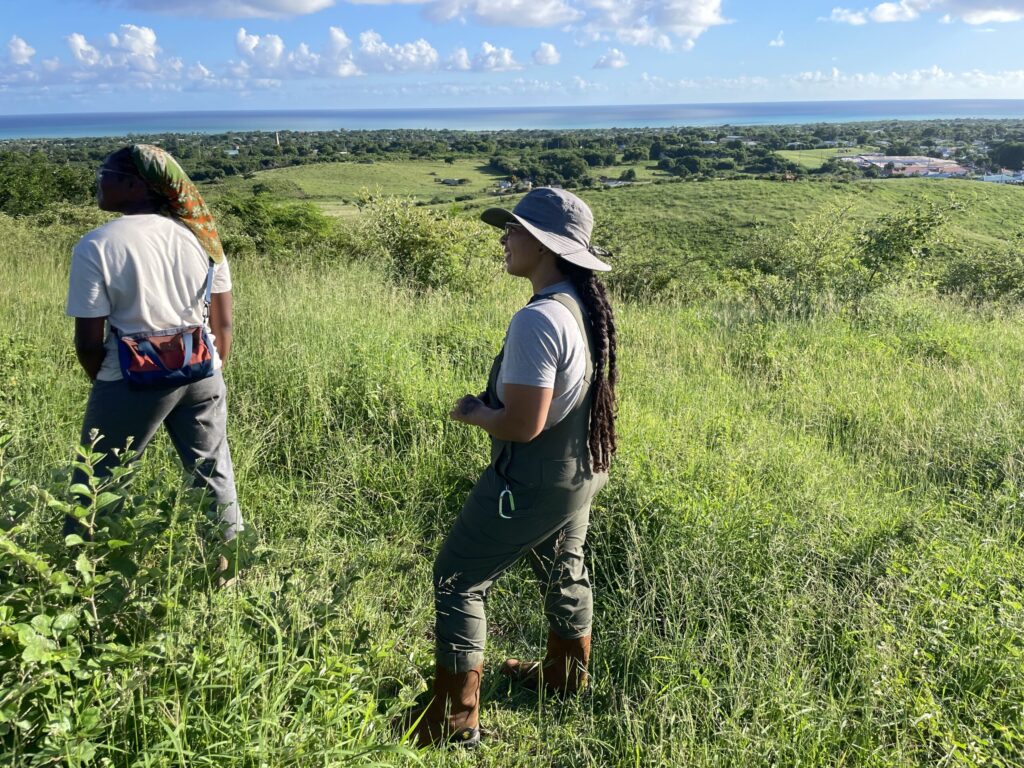
In another example of community control, the Indigenous-led Pawanka Fund holds its assets in a philanthropic account at RSF, essentially using RSF as a bank.
“We share the value of reciprocity [and] common goals to advance towards justice,” said Dr. Myrna Cunningham, executive director of the Pawanka Fund, which is dedicated to promoting and protecting traditional knowledge, well-being, rights, and self-determined development. “RSF really respects our participation and really gives the guiding committee of the Pawanka Fund the ability to make decisions.”
Equal Exchange’s corporate DAF also takes a community-directed approach. The company wanted to give its network of citizen-consumers more ways to support its work with agricultural cooperatives in the Global South, so if opened up its DAF for contributions. Donations have helped Equal Exchange provide technical assistance addressing six coffee cooperatives’ self-diagnosed needs, such as leadership development and engaging young people and women in farming and community-building work.
Mobilizing more DAF capital to meet the moment
By leading with regenerative finance values, RSF attracts donors who are truly committed to impact, which accounts for our high payout rate and history of DAF innovation.
We’re now working to inspire more donors by making it easier than ever to maximize DAF impact: RSF’s new DAF Mobilization Project eliminates fees when donors open a new RSF DAF by December 1, 2025, and invest a portion of the assets in RSF’s Social Investment Fund.
RSF’s approach to DAFs aligns closely with initiatives like Jennifer Risher’s #HalfMyDAF. Risher co-founded #HalfMyDAF in 2020 in response to the COVID crisis and it took hold as a way to promote more active DAF use. The initiative asks DAF holders to disburse at least half of the money in their DAF every year by the end of September — and incentivizes them by offering dollar-for-dollar matching grants.
Initiatives like these, along with RSF donors’ history of active giving, illustrate a crucial point: When we invite more people to participate in an economy that values all people and nature, capital circulates rather than accumulates, flowing to where it’s needed most. Any one of us can be an agent of opportunity, creating a more balanced, inclusive and resilient economy that benefits the whole instead of just a few. And DAF holders can have an outsize impact if they use the tool in their hands to its fullest potential. As a values-driven DAF sponsor, RSF is committed to helping them do just that.
Are you a wealth advisor seeking to align your clients’ money with their values? An emerging philanthropist who wants to take your giving to the next level? An experienced philanthropist looking for ways to deepen your practice? Learn more about opening a DAF at RSF.
